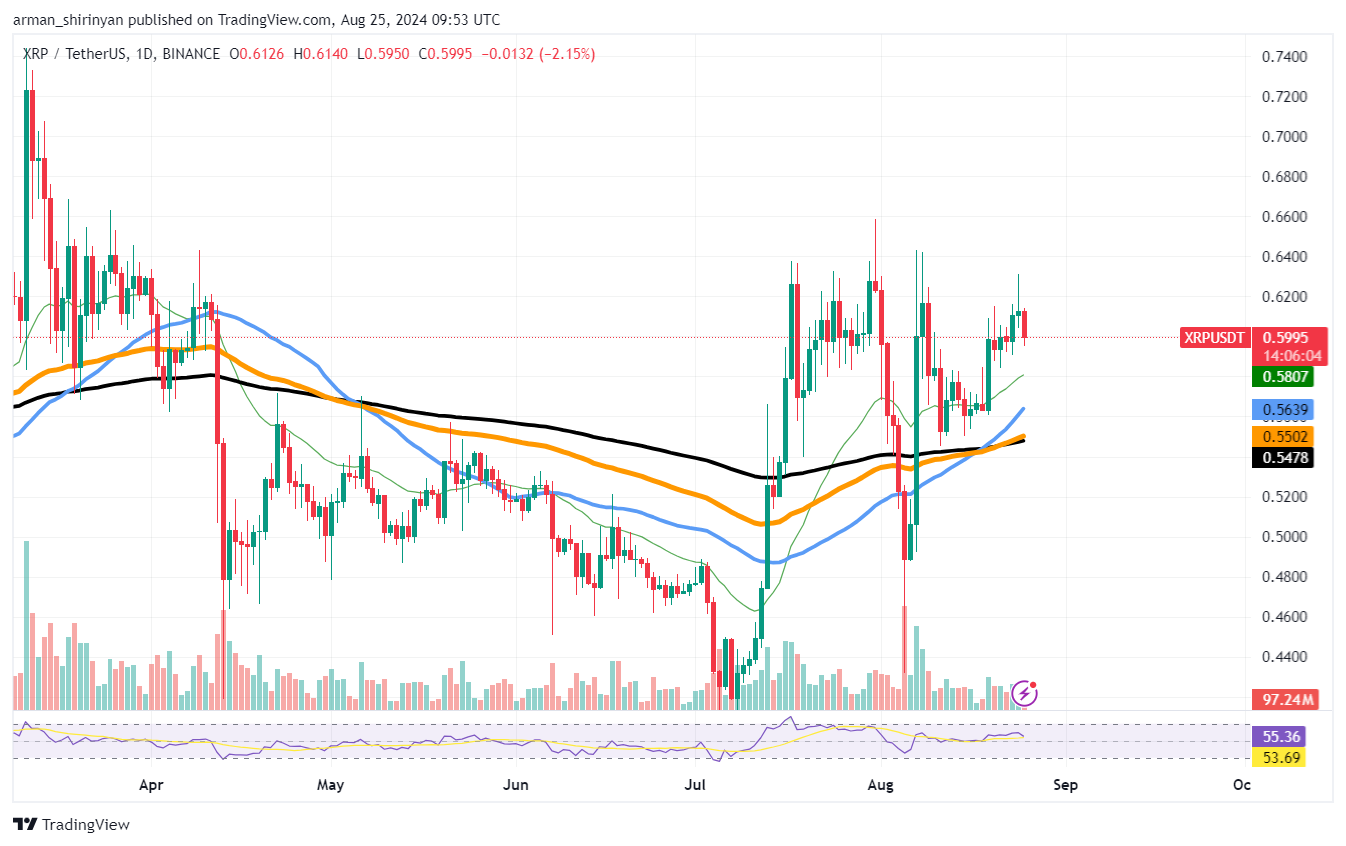These legislative efforts are novel in using blockchain technology’s noteworthy public transparency and auditability functionality. Blockchains track debits and credits to accounts on a ledger, just like an ordinary accounting system, but in a real-time, transparent, and immutable fashion. The existence of any asset that resides on a public blockchain, whether a tokenized security or a digital commodity, is verifiable by customers and regulators. This is not the case for off-chain transactions, which don’t commit digital asset transactions to the appropriate blockchain. Instead, records of off-chain transactions are stored in the trading platform’s internal systems and not recorded on the blockchain. As a result, customers rely on the internal recordkeeping of unregistered trading platforms to track their record of ownership.







